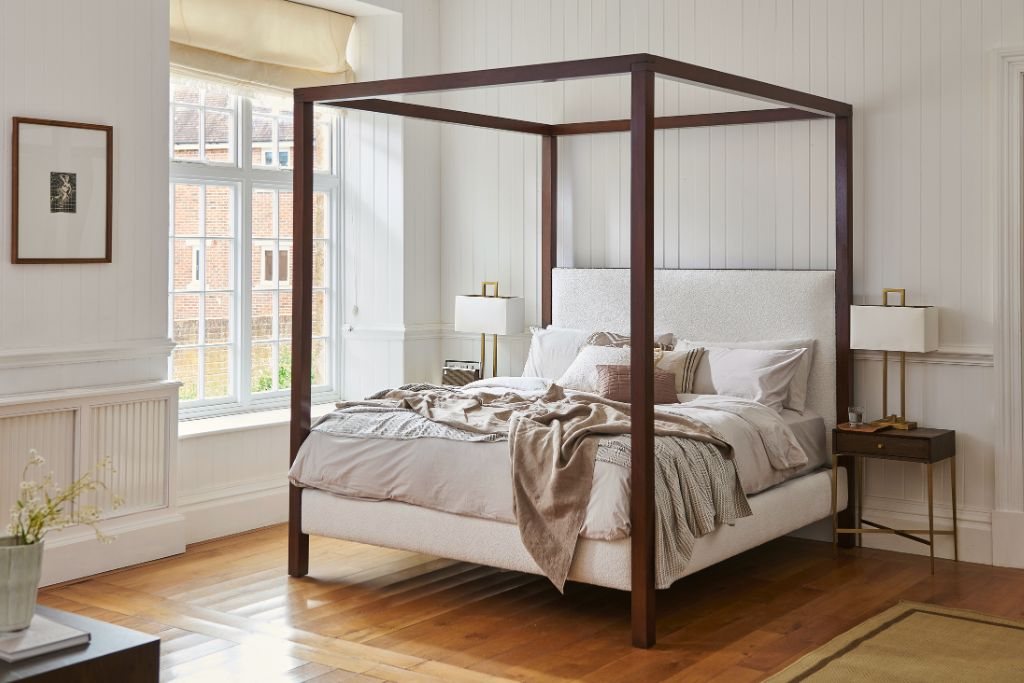Summer Sleeping Guide: How To Sleep In Hot Weather
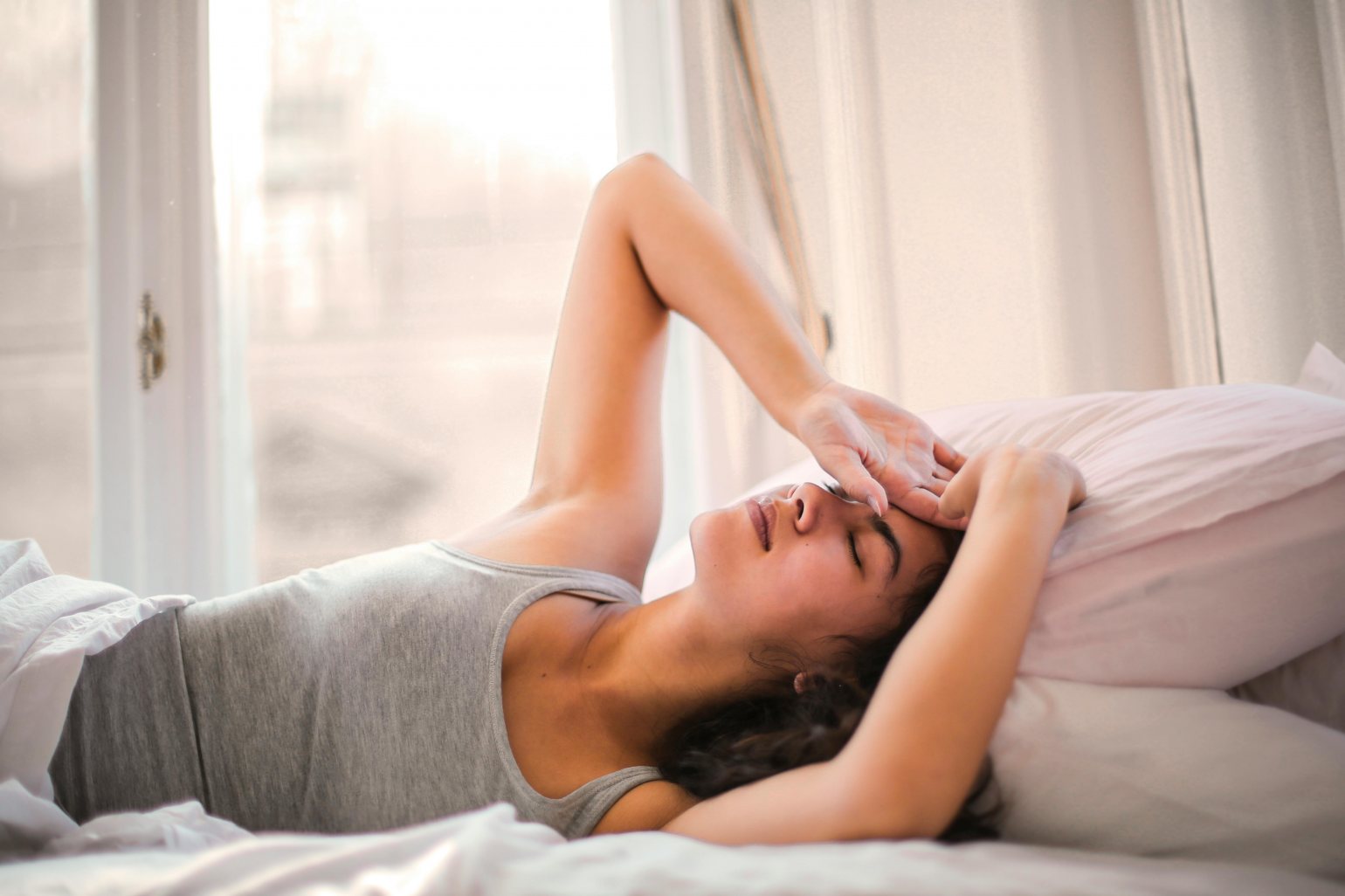
After enduring months of rainy and dull weather, at last, summer has finally arrived in the UK. Whilst sunny days provide the perfect opportunity for catching some rays and enjoying BBQs with family and friends, the less ‘fun’ reality of the heat is how disruptive it can be to our sleep when bedtime rolls around…
According to our study on sleeping habits, over half of the UK (55%) gave ‘heat’ as the most common reason for sleeplessness. Dr Lindsay Browning, psychologist and sleep expert here at And So To Bed, explains:
“As we fall asleep our body temperature naturally drops. When the room is too hot or your covers are too thick, you can struggle to reduce your body temperature, which makes falling asleep much harder. We also may wake up from the heat and struggle to go back to sleep again.”
When it comes to sleeping in the heat, there is a lot of advice to follow online which can at times feel overwhelming. To unpick what actually works and give you practical steps to follow, we’ve pulled together this expert guide for how to sleep in hot weather.
How to Get Good Sleep in Summer
To help avoid restlessness and poor sleep over the coming weeks, Dr Browning, has provided her top tips for sleeping in hot weather below.
Try not to nap in the day
When it’s hot outside, it’s not uncommon to feel more tired than usual during the day due to things like dehydration and heat stress. However, try not to fall victim to a danger nap. Taking long naps during the day (especially too late in the day) can actually lead to disturbed sleep at night.
If the heat has been impacting your sleep significantly at night then maybe it hasn’t been possible to get your full 7-9 hours of sleep. In these instances, you may want to try to top up your sleep with a nap - but there are rules to follow here when it comes to napping!
First things first you should avoid napping too late in the day. If you can't go without a nap then between around midday to 2pm is the ideal time to have one to ensure that it doesn’t interfere with your sleep at night.
Also, if possible, try to keep the nap to around 20 minutes, rather than an hour’s nap for instance, so that you don’t wake up feeling groggy mid-sleep cycle. You could try a full 90-110 minute nap, which would be a full sleep cycle, but you may not need as much sleep the next night if you have such a long nap in the day.
Stick to your normal bedtime routine
Keeping a consistent sleep schedule - despite the hot weather - is essential for having a good night's sleep as it can ensure you get the proper amount you need to feel rested and refreshed.
Your circadian rhythm helps your sleep quality if you regularly sleep at the same approximate time every night. For this reason, failing to stick to your normal routine can disrupt your body’s internal clock and leave you restless at night and groggy when you wake up in the morning.
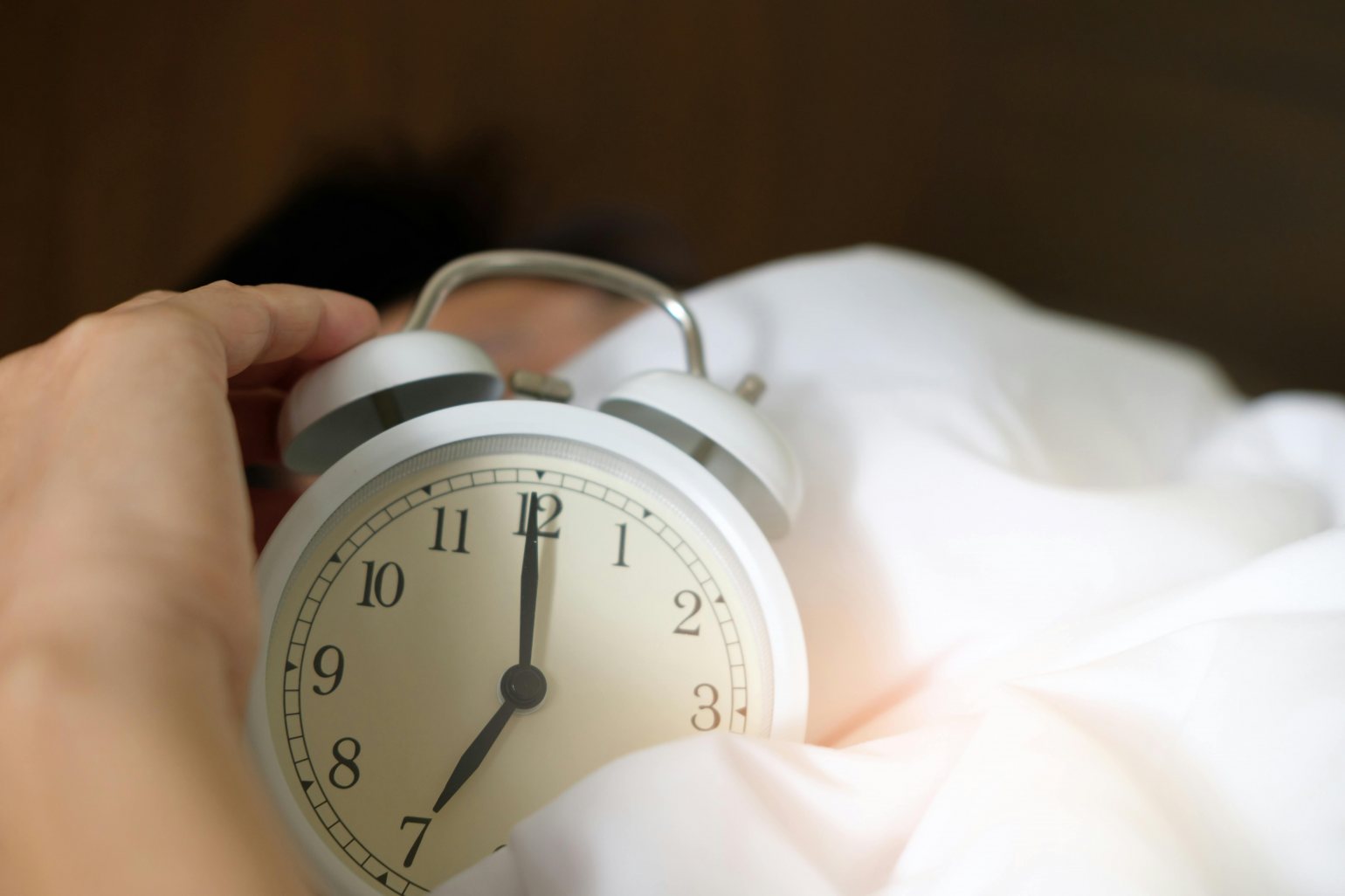
Stay hydrated
In warm weather, we lose more water through sweating, which means it’s vital to keep up our water intake so we don’t get dehydrated. In fact, dehydration is one of the biggest disruptors to our sleep wake cycle as it can trigger headaches and muscle cramps, which in many cases leads to difficulties falling and staying asleep.
To limit your risk of experiencing these physical symptoms, make sure you drink enough fluids throughout the day (the NHS recommends drinking 1.5-2 litres per day in normal conditions and to increase that during a heatwave).
Keep your room dark during the day and windows closed
To avoid having to cool your room down right before you go to bed - which is typically quite challenging - the most effective thing you can do is keep your curtains or blinds shut during the day.
Closing curtains during the day means that when bedtime arrives, the room will be significantly cooler as the sun hasn’t been shining through your windows, creating a greenhouse effect.
Also, while your automatic response when the house feels stuffy might be to prop open a window, keeping them shut during the daytime will stop the warm outside air from heating the rooms up. Once the sun goes down and the outside air starts to cool, that is the time to open the windows and let the cooler evening air flow through the bedrooms.
Avoid exercise before bedtime
Although physical exercise is important, engaging in vigorous exercise too close to bedtime can impact your ability to cool down and disrupt your sleep. When you exercise, your body temperature rises and it can take some time for it to return to normal levels again.
The rise in body temperature can interfere with the natural cooling process that occurs during sleep and make it more challenging to maintain a restful night’s sleep. If you do feel like exercising in the evening, ensure you’re doing it earlier on so you allow for sufficient cool-down time before going to bed. This will allow your body temperature to lower and return to a more relaxed state.
Ideally, a general guideline is to avoid vigorous exercising within 90 minutes of bedtime.
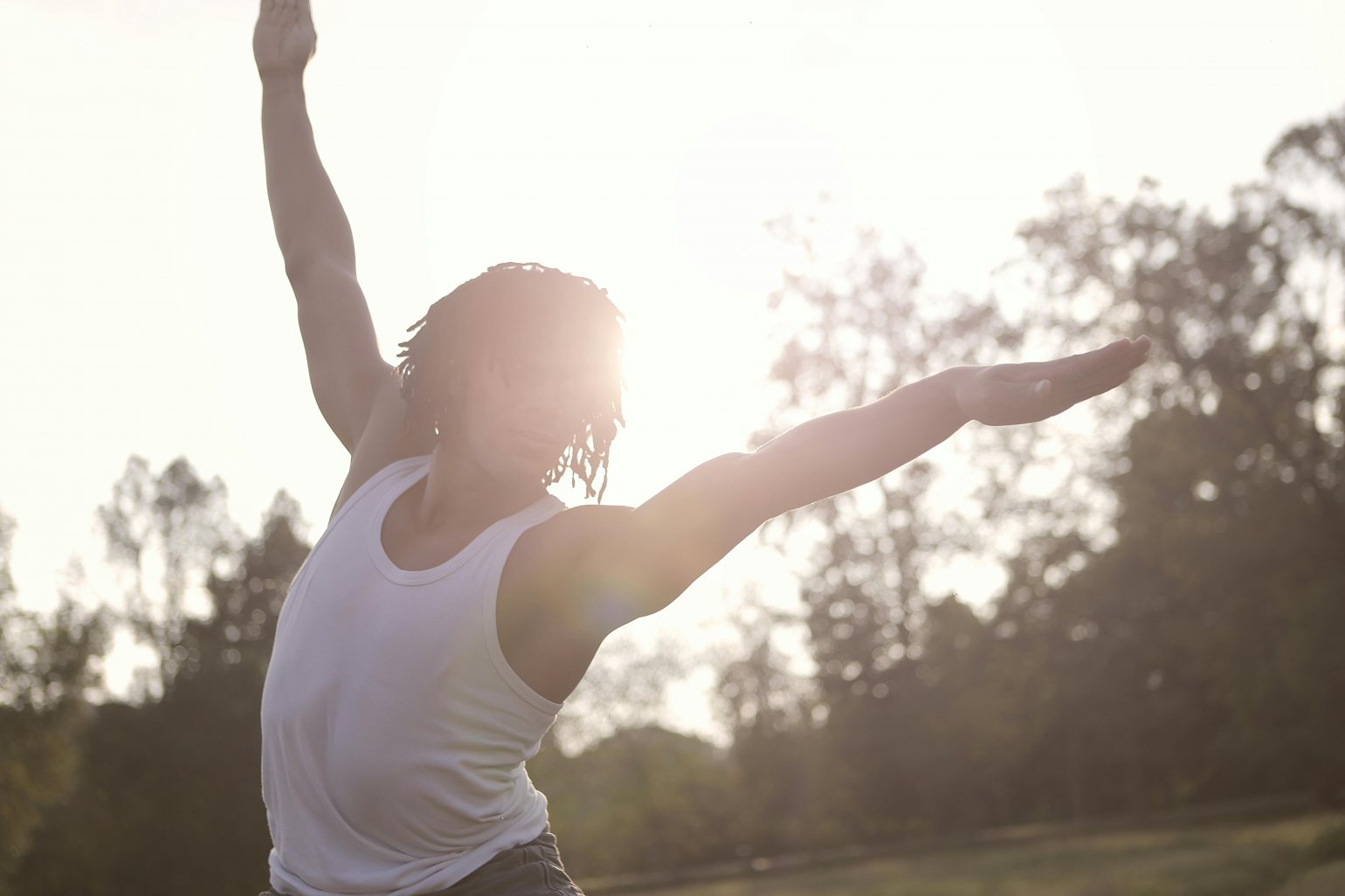
Have a cool or lukewarm shower before bed
Before you get into bed, a helpful way to lower your body temperature during a heatwave is by taking a cool or lukewarm shower. Lowering your body temperature before sleep helps you relax and can aid in falling asleep faster since it’s difficult to sleep as easily if you are too hot.
While you might assume that a freezing cold shower is the most effective way to cool down before bed, it’s important to avoid doing this as such an extreme temperature is likely to wake you up too much, making it even harder to sleep as a result.
Lower your tog and use thin sheets
If you’re someone who prefers sleeping under the covers regardless of the temperature, there’s no need to ditch the duvet entirely throughout the summer months.
Instead, invest in a lower tog duvet and thin flat bed sheets made from cotton. This will help you get a good night's sleep as the cotton absorbs sweat and helps air to flow across your body during the night, keeping you sweat-free and cool.
Duvets such as And So To Bed’s Vispring Hungarian Goose Down Duvet are perfect for regulating body temperature, helping you sleep for longer. Alternatively, the Brinkhaus Blue Goose Down Duvet is made with 100% Egyptian cotton, making it the ultimate lightweight duvet for summer. You can also purchase matching pillows to elevate your sleep further.
 (1).png?t=1722338498)
Wear pyjamas made from natural fibres
Whilst many people think that sleeping naked is the most effective method for staying cool in bed, sleeping in natural fibres such as linen, bamboo, cotton or silk can be even more beneficial.
Cotton pyjamas are a good option in the heat because they absorb moisture, such as sweat. This helps lower your body's temperature because the vapour is free to transfer through the fibre, lowering the humidity between the fabric and the body, providing you with that ‘cool’ feeling.
Another benefit of wearing pyjamas to bed versus sleeping naked, is that you can regularly wash your pyjamas, extending the lifespan of your bed linen as a result. However, by sleeping naked, dead skin cells and sweat absorb directly into your bedsheets, leading to a build-up of bacteria.
If your preference is to sleep naked, then you can control your body temperature more easily by removing your duvet or blankets when you feel too hot, or putting them back on again if you start to feel breezy during the night.
If there’s a heatwave, it may be more sensible to sleep naked - rather than wearing any bed clothing - because even thin natural fibres can make you too hot to sleep well.
Consider a sleep divorce
If you share a bed with your partner and it’s becoming unbearably hot at night, you may want to consider a ‘sleep divorce’ until the temperature drops again. While sleeping apart may seem like a negative step in your relationship, if it means better sleep for both of you - and the health benefits are likely to improve your relationship too!
It also means you get complete control over how airy and dark the room is, what duvet to use (or not use), and sticking a leg or arm out to cool off won’t cause any disruption to your partner either.
Sharing a bed during hot weather will increase your body heat, which means it can take even longer to fall asleep in the first place. To avoid feeling uncomfortable and sweaty all night, it may be worth one of you sleeping in the spare room on a short-term basis.
Try the Scandinavian sleep method
If a full sleep divorce isn’t an option for you and your partner, you could test out the Scandinavian sleep method instead. The Scandinavian sleep method is where a bed-sharing couple uses two single duvets instead of one shared double – so each person has their own duvet.
This can be really helpful if one of you is typically more restless during the night than the other, or if your temperature preferences are very different. For instance, if a cooler sleeping environment is your preference then you can use a thinner tog duvet and your partner can use a higher tog duvet instead.
Also, if one person gets too hot, they can easily remove their duvet without disturbing the other, and put it back on when they get too cold. If you choose bed linen that is the same pattern and colour, then no one will know they are two individual duvets instead of one shared double!
This technique can be especially helpful for couples where one partner is going through the menopause for instance, where temperature regulation during the night can be difficult or problematic.
Sleep downstairs
Since heat rises, any upstairs bedrooms are likely to be the warmest rooms in the house. With this in mind, during a heatwave you might want to decamp to sleep downstairs or in any bedrooms on a lower floor of the house.
You could create a core memory by having a family sleepover or movie night in your downstairs lounge on the hottest night of the year, turning what would otherwise be an uncomfortable sleeping environment into a fun-filled family experience.
How to sleep in hot weather without AC
British houses have not been typically designed for the warm temperatures in summer. In fact, for generations, homes in Britain were designed with the primary goal of retaining heat, in order to make the cold winter months or milder summers more bearable.
This means we have to find alternative ways to keep them cool now that temperatures are rising again. Thick walls and poor insulation aside, less than 5% of homes in the UK have air-conditioning (AC) according to research by GOV.UK, meaning that our homes are struggling to cope with the hotter summers and intensive heat waves.

To help, here are some easy-to-follow rules that are guaranteed to cool you down without having to rely on AC.
Buy a fan
An ideal bedroom temperature for adults to sleep in is around 16-18° C, according to The Sleep Charity. With this in mind, if AC isn’t an option then investing in a fan may help to keep you cooler and more comfortable while you sleep.
Not only can a fan help with better sleep by circulating air in your bedroom and reducing stuffiness, the sound of a fan - a type of white noise - may be helpful at masking external sounds if you are sleeping with the windows open.
However, it’s worth noting that in the midst of a heatwave, a fan might just push the warm air around your bedroom - especially if you’ve left the window open all day!
To make the fan even more effective during periods of intense heat, try putting a large bottle of water (1.5l or 2l plastic bottle) in the freezer until it’s completely frozen. Then, when it’s time to sleep, place the frozen water bottle in front of the fan. This will help to cool the air the fan is blowing, making the room feel more comfortable during those unbearably hot nights.
Whenever you’re using a fan, ensure any cables and the fan itself are well out of reach for children and pets.
Cool your socks or pillowcase in the freezer
Keeping socks or pillowcases in a plastic bag in the fridge or freezer during the day and putting them on before bed is a useful hack as it can create an immediate cooling effect on your skin, helping to reduce your body temperature and make you feel more comfortable in a hot environment. Also, the sensation of coolness can be soothing and help you relax.
If you don’t fancy putting your pillowcase in the freezer, it may be worth investing in Tempur's Ombracio Smartcool Pillow, which is designed to absorb excess heat and keep you cool and fresh from the moment your head hits the pillow.
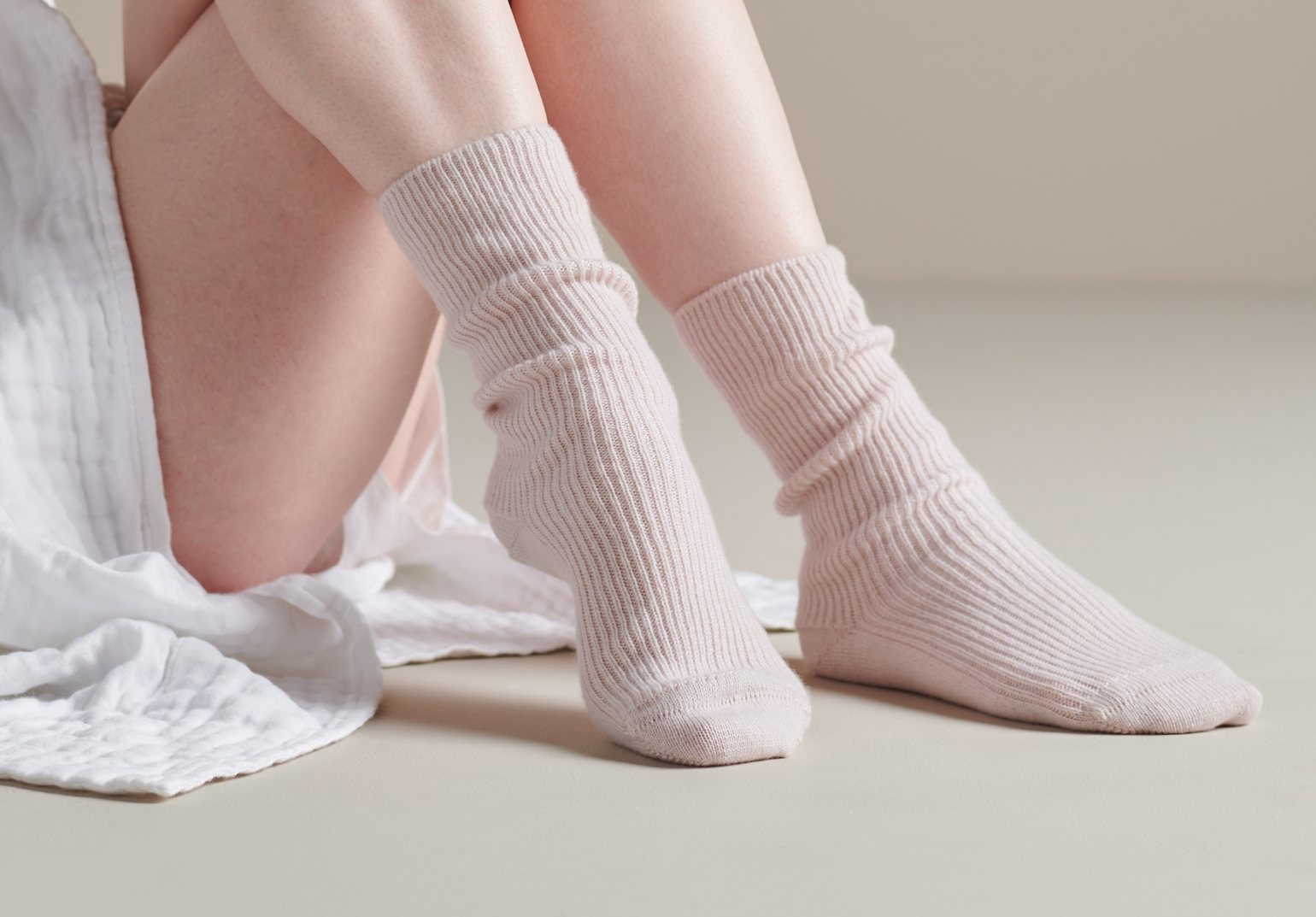
Freeze a hot water bottle
If you’ve stored away your hot water bottle… think again! Hot water bottles are not only handy for the winter months but in summer too.
Simply fill your hot water bottle two thirds of the way full and pop it in the freezer for a couple of hours. Half an hour before your usual bedtime, put the frozen hot water bottle on your bed to cool it down. Make sure you remove it from the bed before you get in, and ensure the frozen water bottle doesn't touch your skin directly.
Keep evening skincare in the fridge
With many bedtime routines involving some kind of skincare, it could also be useful to keep some of your products in the fridge during hot weather periods so that it feels refreshing when applied to your skin.
Moisturisers, serums and face masks will not only cool your skin down before bed but it can also help extend their shelf life too. Avoid keeping oil-based skincare items chilled, as these can solidify or it might change their consistency.
Use a water spray at night
Another hack for lowering your temperature at night is by using a water spray bottle or mister.
Fill it with chilled water and keep it next to your bed at night, spritzing your face, neck and wrists throughout the night to cool off. You can also try lightly misting your duvet covers, mattresses and pillows to keep your bed cool.
Another idea to stay cool this summer is by investing in a cooling mattress, bedding or cooling mattress protector. These products often incorporate advanced technologies and features specifically designed to regulate temperature and enhance comfort. For instance, many cooling mattresses utilise memory foam, which helps dissipate body heat and maintain a cooler sleeping surface.
Similarly, cooling bedding often includes breathable fibres that promote airflow and draw heat away from the body. By choosing these innovative products, you can significantly improve your sleep quality during the hot summer months.
Discover our recommended selection of cooling mattresses, pillows, summer duvets and other bedding by visiting our curated Cooling Bedding & Mattress Edit for further advice.



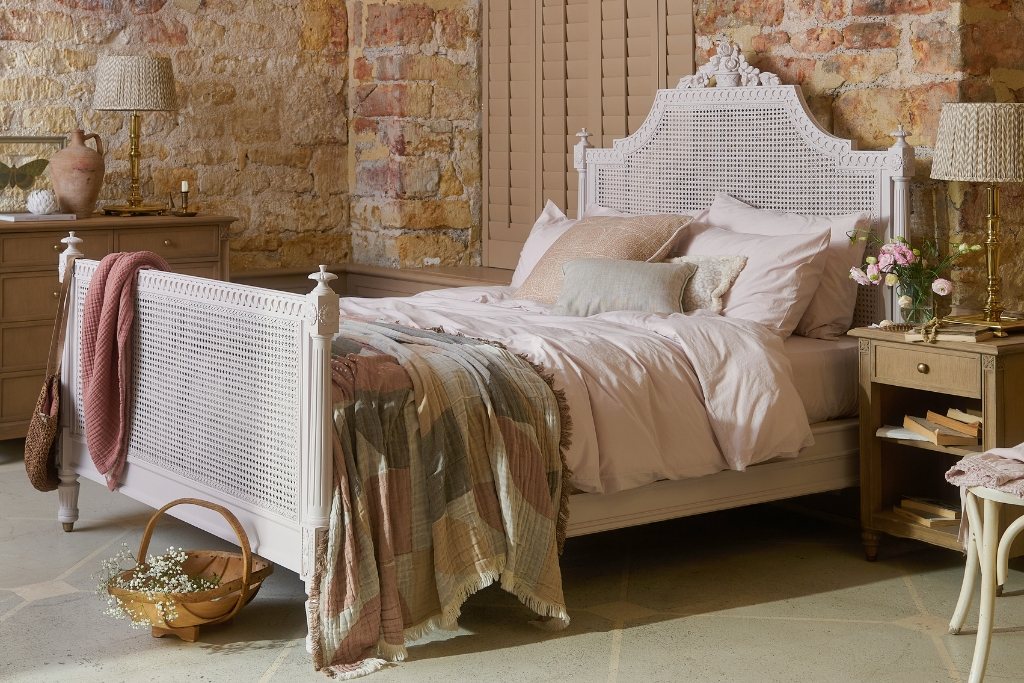

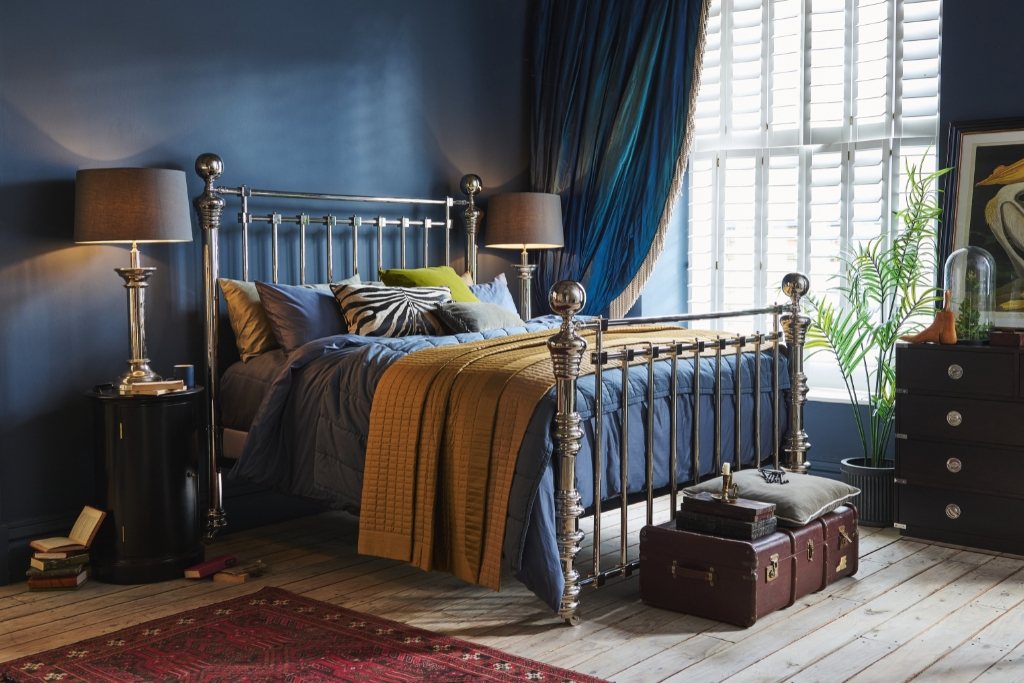
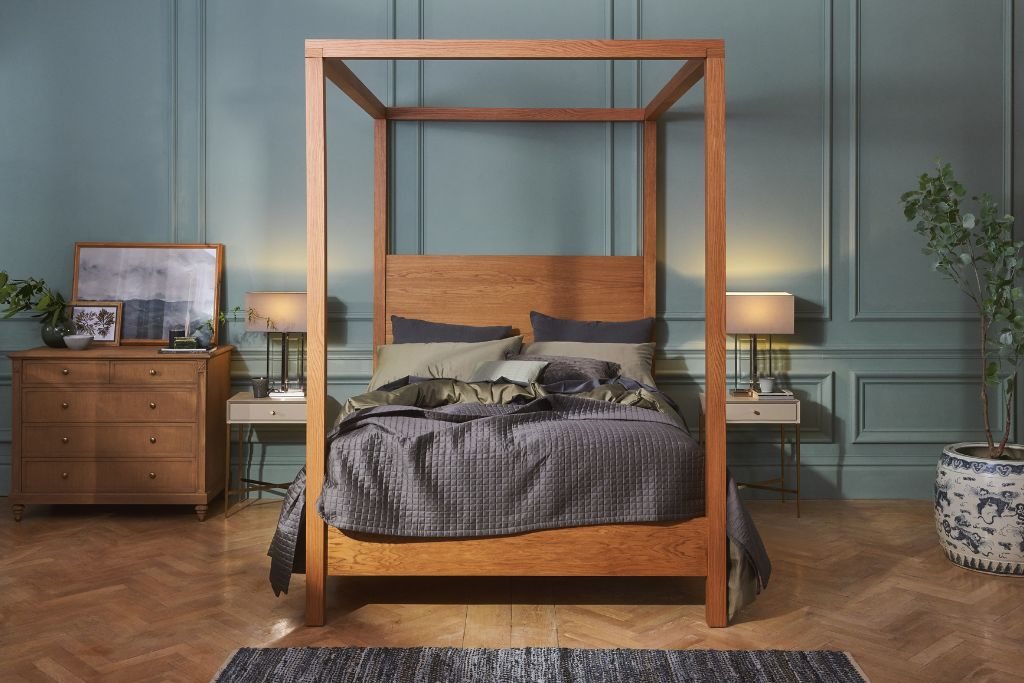
.png)
